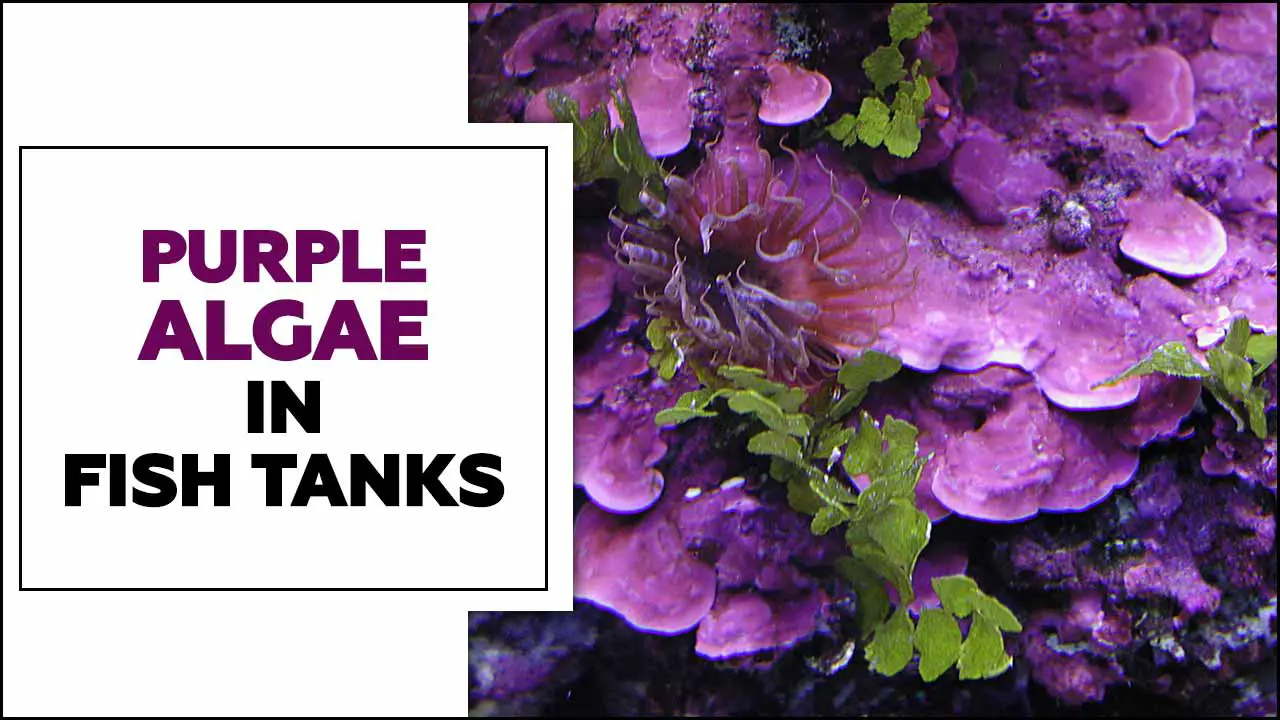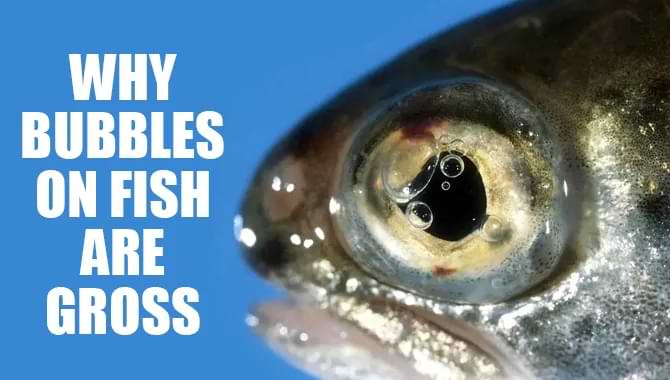Cory catfish are one of the most popular species of catfish among fish enthusiasts. Their lively and playful nature makes them a great addition to any aquarium. One of the most intriguing things about Cory catfish is that they lay eggs.
This leads to many questions from aquarium owners, the most common being, “How long do Cory’s eggs take to hatch?” The answer to this question is not as straightforward as one would think. Several factors can influence the hatching time of Cory catfish eggs. These include the temperature of the water, the quality of the water, and the genetics of the adult fish. Here, we will explore all of these factors and provide you with a comprehensive answer to this question.

Cory Catfish Reproduction
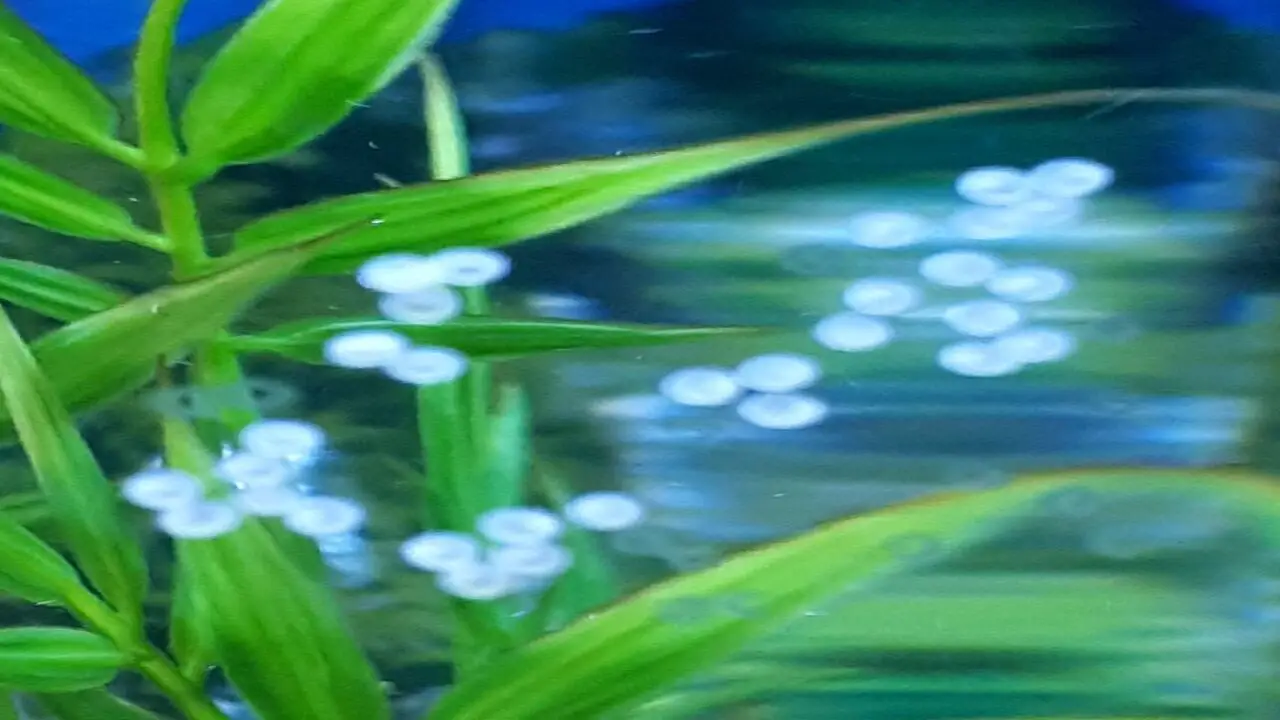
Cory catfish, or Corydoras, are a popular freshwater fish species among aquarium enthusiasts. The reproductive process of Cory catfish is quite fascinating, as they are egg-layers and require specific environmental conditions to breed successfully. During mating, the male fish will chase the female and try to fertilize her eggs.
Once the male fish fertilizes the eggs, he lays them flat and guards them until they hatch. The eggs usually hatch around four to five days, and the parents leave the fry to develop independently. It is important to maintain good water quality and provide proper nutrition to the parent and offspring fish to ensure a healthy breeding cycle.
Estimation Of How Long Do Cory Eggs Take To Hatch
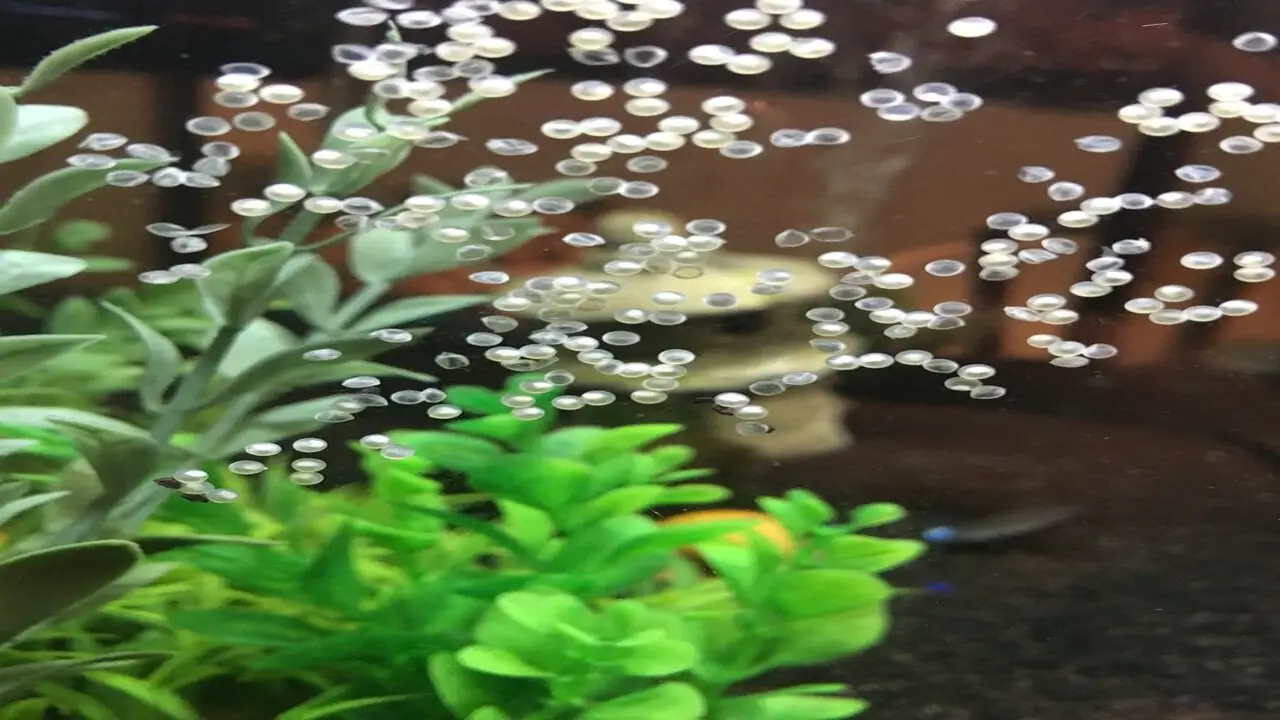
Aquarium enthusiasts often keep Cory catfish, a widespread freshwater fish species, as pets. These fish are popular for their peaceful temperament, hardy nature, and unique appearance, making them a great addition to any tank. One interesting aspect of the cory catfish is their cory eggs-laying behaviour.
Unlike other fish that scatter their eggs throughout the tank, cory catfish deposit their eggs in a specific location, often on the underside of a leaf or other surface. The eggs are small and clear and can take several days to hatch. Proper care and attention to water quality and temperature are essential for successful hatching and the survival of the fry.
Catfish Eggs Take To Hatch
Cory Catfish eggs are about to hatch! These little warriors will enter the world between 2-5 days depending on the water temperature. It’s like waiting for a surprise party, but you get adorable, tiny fish babies instead of balloons and confetti. Once the eggs hatch, the real adventure begins. You must carefully monitor and feed Cory Catfish fry multiple times daily because they are notoriously small and delicate.
Factors Affecting Cory Catfish Egg Hatching Time
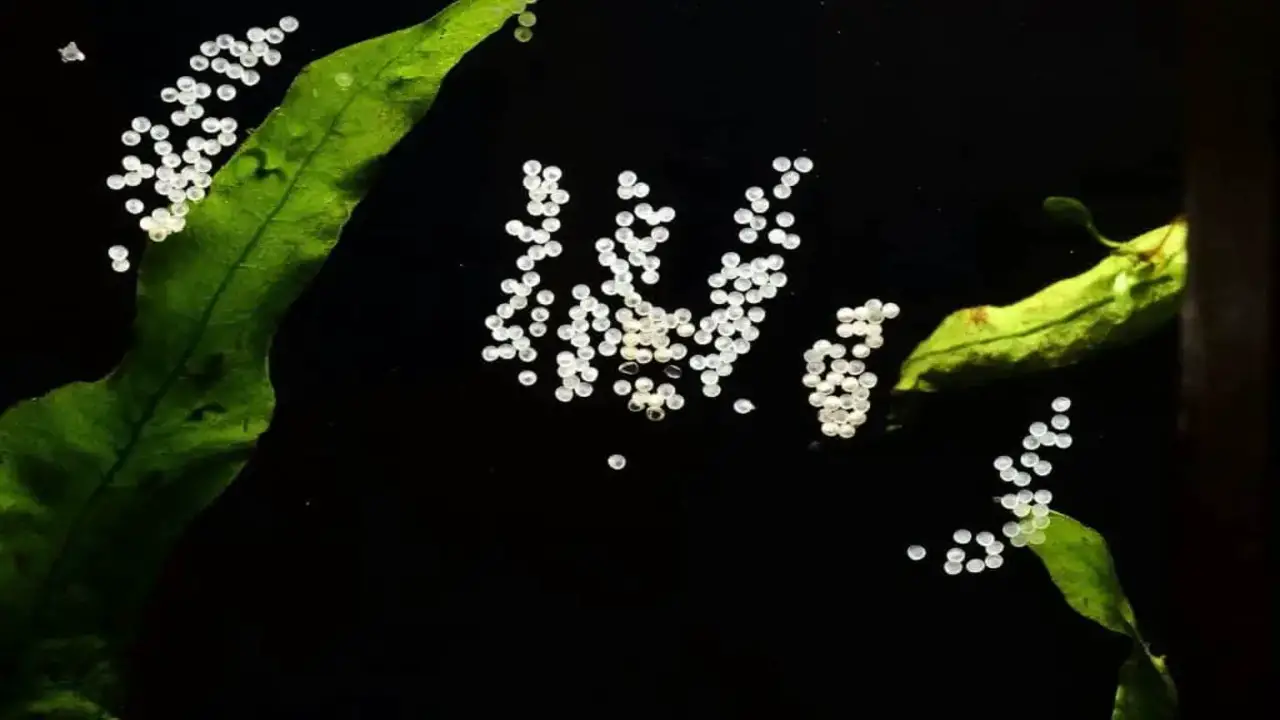
Cory catfish are a popular aquarium fish species due to their peaceful nature, unique appearance, and ease of care. It can all influence the time it takes for Cory catfish eggs to hatch. Proper care and maintenance of the breeding environment can lead to successful hatching and healthy fry.
Providing a suitable environment for Cory catfish eggs to hatch and develop is essential, ensuring a healthy and thriving aquarium ecosystem. Breeding Cory catfish in captivity is a rewarding experience for aquarists, but it requires careful attention to the factors that affect egg-hatching time.
- The temperature of the water
- pH levels and
- the quality of the breeding environment
The Temperature Of The Water
Cory Catfish Eggs are a delicate and important part of the breeding process for these popular aquarium fish. One of the key factors in successfully hatching and raising Cory Catfish Eggs is ensuring that the water temperature is optimal. The recommended temperature for Cory Catfish Eggs is between 75-80 degrees Fahrenheit.
Maintaining this temperature consistently throughout the entire incubation period is crucial to ensure that the eggs hatch and the fry develop properly. Any temperature fluctuations can adversely affect the eggs and fry, such as stunted growth or even death. Therefore, aquarium owners interested in breeding these fish must carefully monitor and regulate the temperature of the water to ensure the best chances of success.
Ph Levels
Cory Catfish eggs are a popular addition to many aquariums. However, proper care must take to ensure these eggs’ successful hatching and development. One important factor to consider is the pH level of the water. Cory Catfish eggs typically require a pH between 6.5 and 7.5 for optimal hatching.
Maintaining a stable pH level throughout the incubation period is essential to avoid any negative impact on the development of the embryos. Regular water testing and adjustments may be necessary to maintain the appropriate pH level. By monitoring the pH level, aquarium owners can help ensure their Cory Catfish eggs have the best chance of hatching and thriving.
Quality Of The Breeding Environment
The breeding environment plays a crucial role in the quality of Cory Catfish eggs. To ensure a healthy and successful breeding process, providing the fish with suitable conditions, such as a well-maintained aquarium, appropriate water parameters, and adequate nutrition, is important. The water temperature should be maintained at around 75-80°F, and the pH level should be kept at 6.5-7.5.
Proper filtration and regular water changes are also essential to maintain water quality and prevent the build-up of harmful toxins. In addition, feeding the fish a varied and nutritious diet will help promote optimal health and egg development. Creating a favourable breeding environment will produce high-quality Cory Catfish eggs and increase the chances of successful hatching and fry survival.
Ideal Hatching Conditions For Cory Catfish Eggs
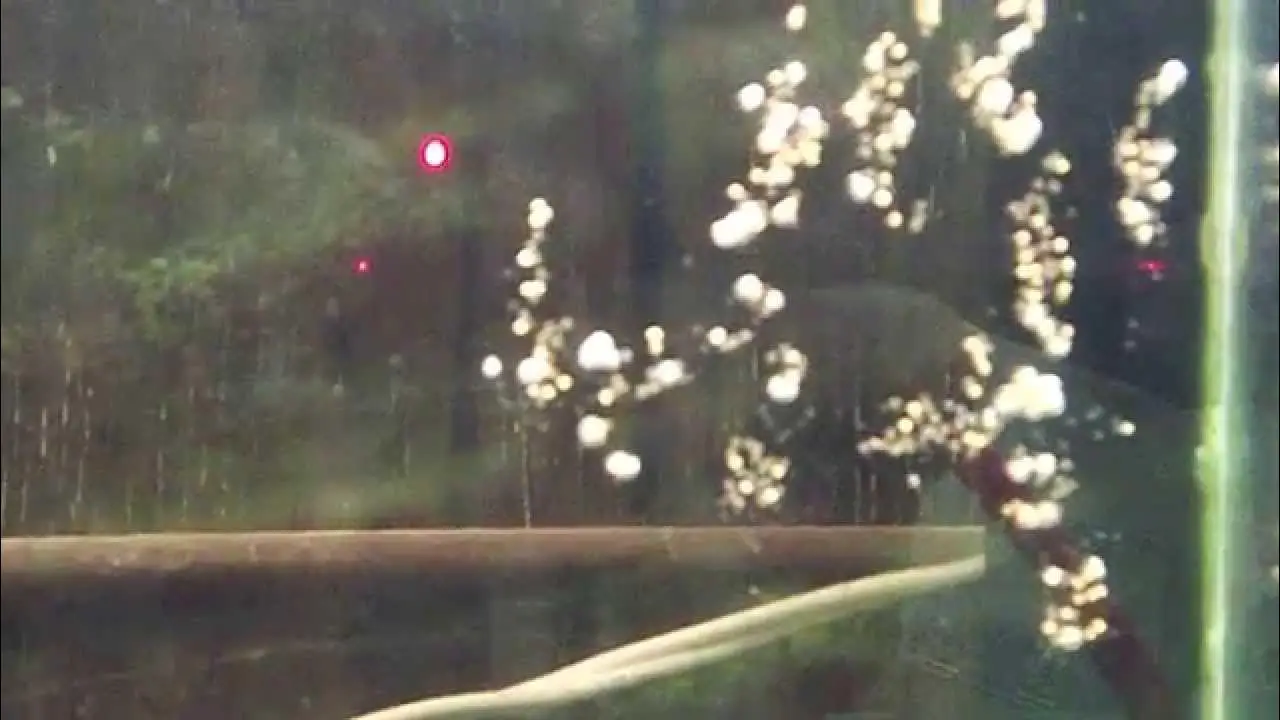
Cory catfish are popular freshwater aquarium fish known for their peaceful nature and unique appearance. Breeding them can be a rewarding experience for aquarium enthusiasts, and hatching their eggs requires specific conditions. Cory catfish eggs must be kept in a separate breeding tank with a sponge filter to prevent the eggs from being sucked in.
The ideal hatching conditions for the eggs include a temperature range of 75-80°F and a pH of 6.0-7.0. Adding Indian almond leaves or peat moss can help mimic the natural habitat of the catfish and encourage hatching. These tiny eggs will hatch into adorable and active fry with proper care and attention.
Monitoring Cory Catfish Eggs For Signs Of Hatching
Cory Catfish Eggs are popular among aquarium enthusiasts due to their unique and interesting appearance. Monitoring Cory Catfish Eggs for signs of hatching is crucial in ensuring these eggs develop properly. This process involves closely observing the eggs to look for any changes in color or texture and keeping a close eye on water temperature and quality.
Maintaining a suitable environment for the eggs to hatch successfully is important. Once the eggs have hatched, providing proper care for the newborn fry is essential, including feeding and cleaning the tank. With proper monitoring and care, Cory Catfish Eggs can develop into healthy and thriving fish
Troubleshooting Common Problems With Cory Catfish Eggs
Cory catfish eggs are a fascinating and rewarding aspect of fishkeeping. However, common problems can arise during the incubation period, leading to unsuccessful hatching or low survival rates. Troubleshooting these issues requires a keen eye and attention to detail. Some common problems include
- fungal growth,
- infertile eggs, and
- poor water quality.
These issues can be mitigated by:
- ensuring a clean and
- well-maintained aquarium,
- providing proper nutrition to the adult fish, and
- monitoring the eggs closely.
Caring For Cory Catfish Fry After Hatching
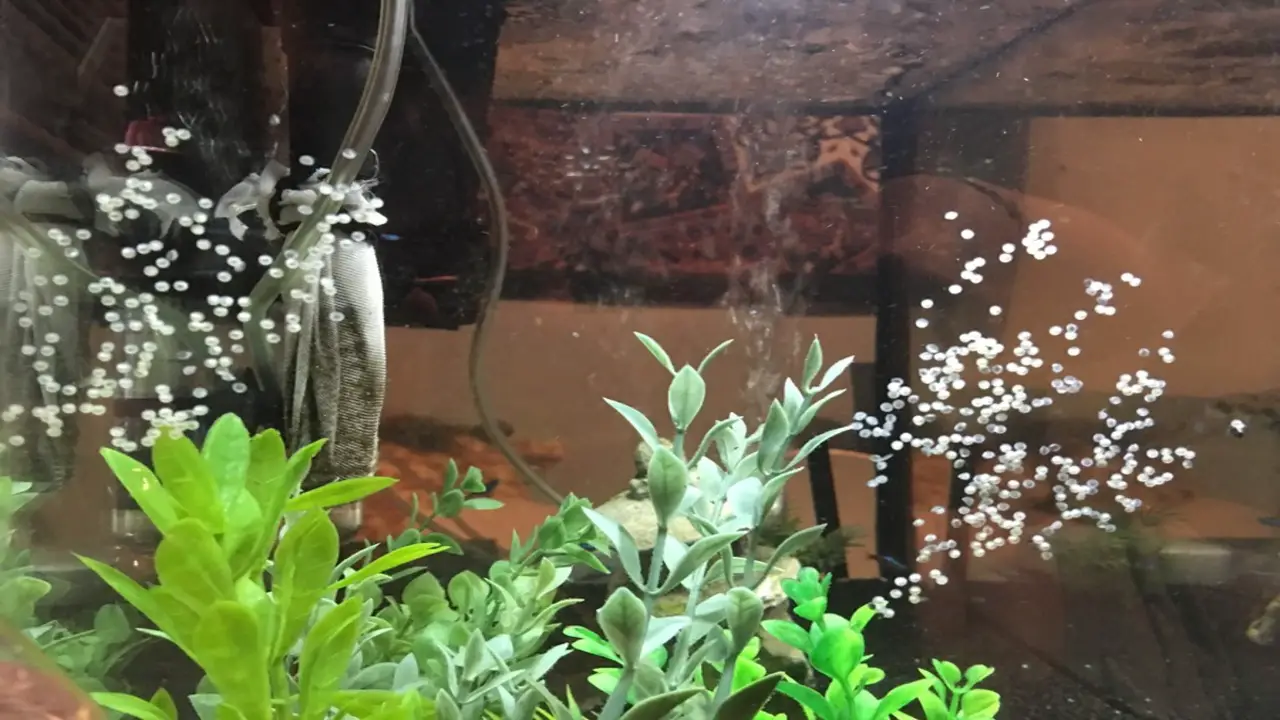
Cory catfish are popular among aquarium enthusiasts due to their peaceful nature and unique appearance. Successfully breeding these fish requires proper care of their eggs and fry after hatching. Cory catfish eggs are typically laid in clusters and require a well-oxygenated tank with a temperature between 75-80°F to hatch.
Once hatched, the fry should be fed small amounts of live or frozen brine shrimp, micro worms, or finely crushed flake food multiple times daily. Maintaining clean water conditions and avoiding overfeeding is important to prevent ammonia buildup. With proper care, Cory catfish fry can grow into healthy adult fish.
- Ensure that the fry has access to clean and warm water.
2. Provide the fry with a balanced and protein-rich diet.
3. Make sure that the fry has enough space to swim around and grow.
4. Keep the tank clean and free of debris to prevent the growth of harmful bacteria.
5. Monitor the water parameters regularly to ensure that they are within the appropriate range.
6. Consider adding a sponge filter to the tank to provide additional filtration and aeration.
7. Avoid overfeeding the fry, as this can lead to poor water quality and stunted growth.
8. Keep the tank away from direct sunlight and sources of heat to prevent temperature fluctuations.
9. Gradually increase the amount of food and frequency of feedings as the fry grow.
10. Be patient and observe the fry regularly to ensure that they are healthy and growing properly.
Conclusion
Cory Eggs are a highly sought-after commodity in the aquarium trade. Cory Catfish are known to fan their eggs with their pectoral fins to maintain proper oxygenation, which is essential for the development of the fry inside. After a few days, the eggs will hatch into tiny fry that require specialized care and feeding. It is important to provide a suitable environment for the fry, such as a well-filtered tank with plenty of hiding places.
These small, round eggs are typically laid in batches of 20-30 and can be found attached to the substrate or on the underside of leaves. Cory Catfish are known for their diligent egg-tending behaviour, often fanning the eggs with their pectoral fins to ensure proper oxygenation. After a few days, the eggs will hatch into tiny fry that require specialized care and feeding. Add a little splash of fun to your aquarium with these tiny treasures.
FAQs
What Is The Ideal Temperature For Cory Eggs To Develop?
Little fish can be a challenge. But did you know that the temperature of the water can make all the difference in the success of your breeding efforts? The ideal temperature for cory eggs to develop is between 75-80 degrees Fahrenheit (24-27 degrees Celsius).
Will The Eggs Hatch If The Temperature Drops?
If you want to ensure the healthy development of your Cory Catfish eggs, you better turn up the heat! If the temperature drops too low, the eggs may not hatch or develop properly, and you’ll miss out on the joy of watching your baby Corys grow.
How Can You Tell If Cory Catfish Eggs Are Fertilized?
To tell if Cory Catfish eggs are fertilized, you can observe them closely. Fertilized eggs will be transparent with a small dark spot in the centre, the developing embryo. Unfertilized eggs will be opaque and without a dark spot. Additionally, after a few days, fertilized eggs will begin to develop and hatch into fry, while unfertilized eggs will simply decay and turn white.
How Many Eggs Can A Female Cory Catfish Lay At One Time?
That’s right, and these little ladies can pop out anywhere from 20 to 100 eggs in one go. Talk about a productive day at the office! But don’t let those numbers fool you – raising a batch of Cory Catfish fry is no easy feat. These little guys require much attention and care to ensure they grow healthy and strong.
What Is The Best Way To Care For Cory Catfish Eggs To Ensure Successful Hatching?
The best way to care for Cory Catfish eggs is to ensure that a male fertilizes them, remove them from the tank, and place them in a separate container. The container should be filled with water from the main tank and have an air stone to provide oxygen. The temperature should be between 75-80°F (24-27°C), and the eggs should be kept in the dark. The eggs should hatch in 3-5 days, and once they do, they should be fed infusoria or newly hatched brine shrimp.

Aquarium passion is all about connecting with the aquatic life and providing education to the public on the importance of these creatures. We showcase a wide variety of marine life through our exhibits as well as working with schools to provide unique learning opportunities for students of all ages.



